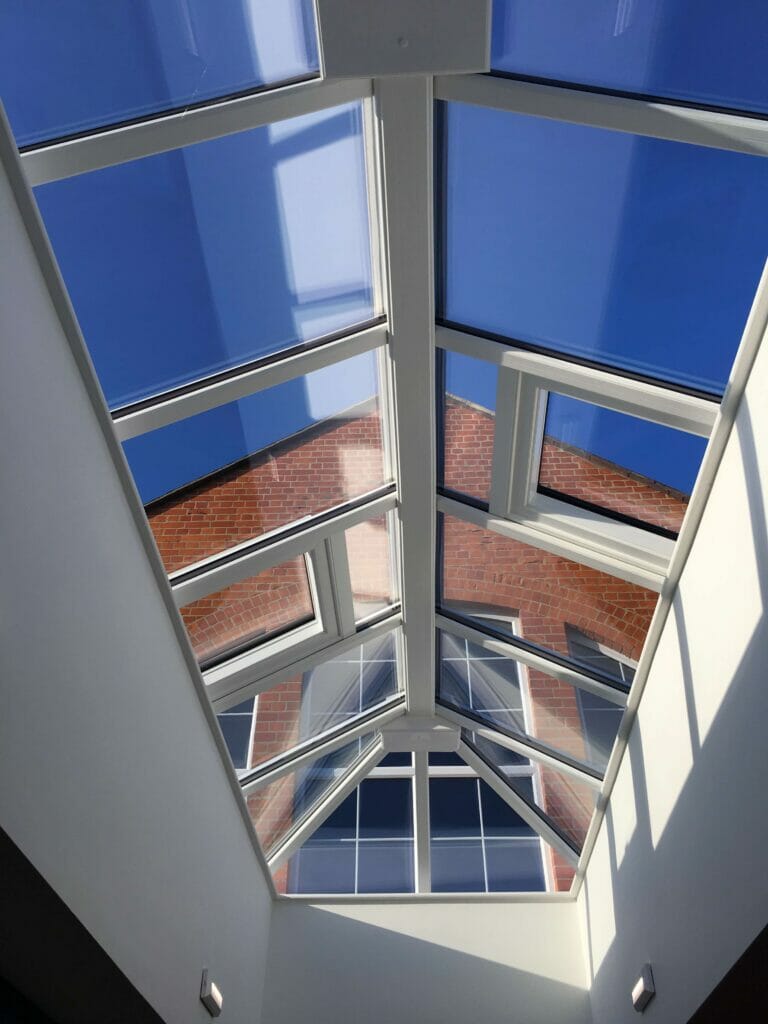An Energy Performance Certificate (EPC) is a document that provides an assessment of the energy efficiency of a property. It rates the energy efficiency of a building on a scale of A to G, with A being the most efficient and G being the least efficient. The assessment considers various factors, including the building’s insulation, heating system, and lighting. Triple glazing is one of the features that can significantly affect your home’s EPC rating. In this article, we will explore how triple glazing can affect your home’s EPC.
What is triple glazing?
Triple glazing is a type of window that consists of three layers of glass, with two layers of insulating gas in between. The extra pane of glass and insulating layer provides a greater barrier to heat loss, resulting in improved energy efficiency.
Triple glazing and EPC rating
Triple glazing is one of the features that can help to improve your home’s EPC rating. A property’s EPC rating takes into account various factors, including its insulation, heating system, and ventilation. Windows are also an important factor in the EPC rating, as they are responsible for a significant amount of heat loss.
Triple glazing can help to reduce heat loss from your home, which in turn can help to improve your EPC rating. The extra pane of glass and insulating layer help to trap heat inside your home, reducing the amount of energy required to heat it. This means that your heating system will need to work less hard to maintain a comfortable temperature, resulting in lower energy bills and a more efficient home.
Triple glazing can also help to reduce the amount of noise that enters your home from outside, which can be taken into account when calculating your EPC rating. This is because noise pollution can affect the quality of life and health of occupants of a property.
Choosing the right type of triple glazing
When considering triple glazing for your home, it is important to choose the right type of window to ensure maximum energy efficiency. There are various factors to consider, such as the type of glass used, the thickness of the glass, and the insulating gas used.
The type of glass used in triple glazing can affect its energy efficiency. Low-emissivity (Low-E) glass, for example, has a special coating that helps to reflect heat back into the room, improving energy efficiency. Argon or krypton gas is often used to fill the space between the panes of glass, as they are better insulators than air.
The thickness of the glass can also affect the energy efficiency of triple glazing. Thicker glass can provide better insulation, but it can also make the windows heavier and more difficult to install.
It is also important to ensure that your triple-glazed windows are installed correctly, as any gaps or leaks can affect their energy efficiency and potentially reduce your EPC rating.
Conclusion – Triple glazing is an excellent choice for homeowners who are looking to improve the energy efficiency of their homes and increase their EPC rating. By reducing heat loss, improving insulation, and reducing noise pollution, triple glazing can provide a range of benefits to homeowners. However, it is important to choose the right type of triple glazing and ensure that it is installed

